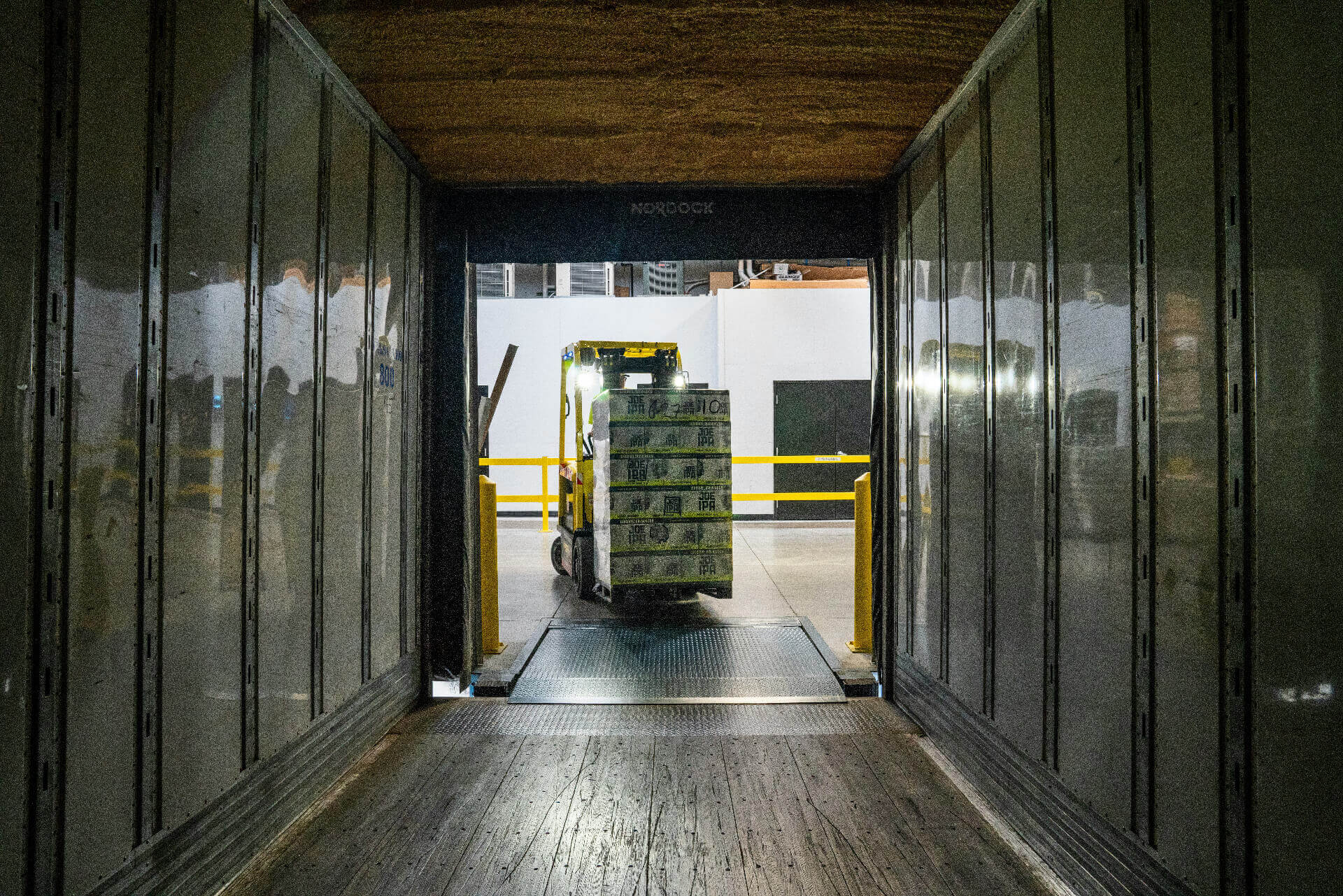
5 Reasons the Supply Chain Needs Cloud Computing
March 29, 2023 - Emily Newton
Revolutionized is reader-supported. When you buy through links on our site, we may earn an affiliate commision. Learn more here.
Supply chain cloud computing is the perfect solution for supporting automation and scaling. Digital transformation is sweeping through the supply chain today, but many businesses are struggling to get the computing power and data storage they need. Cloud computing can resolve these challenges and more.
1. Support for Automation
One of the top benefits of cloud computing is the increased connectivity it supports. This is vital for implementing automation technologies, such as AI, IoT and robotics. Every supply chain professional has heard of the benefits of automation today. However, these benefits are difficult to achieve without access to high-power computing.
Cloud robotics expert Roger Barga explains the benefits of moving robotics operations to cloud computing: “Many of the algorithms developers would like to run won’t fit in the memory footprint… Developers can now partition work by what should run on the robot and push the more computationally heavy tasks that can tolerate latency over to the cloud.”
This addresses one of the biggest challenges with supply chain automation. Many businesses simply do not have access to enough computing power to meet the needs of many modern automation technologies. IoT is great for data collection and analytics, but requires massive amounts of data storage. Robots and AI can revolutionize operations, but have high processing demands.
Supply chain cloud computing gives businesses access to much more computing power. This reduces strain on on-prem servers and expands automation capabilities. With more available computing power, supply chain businesses can reap the full benefits of modern automation technologies.
2. Affordable Computing at Scale
Adopting new technologies requires the computing infrastructure to process and run dozens of new devices and applications. The computing and data storage demands of AI, robotics and IoT can get unmanageable fast. As digital transformation becomes increasingly crucial for success, these data and computing costs are a growing concern for supply chain businesses.
Cloud computing can be a perfect solution to this challenge. Scaling on-prem computing requires investing in new server infrastructure, which requires installation, maintenance and physical space on site. In comparison, scaling cloud computing infrastructure is usually as simple as upgrading the business’s plan with its cloud provider.
Of course, pricing for public and hybrid cloud services varies between providers. However, supply chain cloud computing is usually more cost-effective because of the simplified modular nature of cloud services. Businesses can pay for exactly what they need and nothing they don’t. As supply chain businesses grow and scale new tech, like robotics, they have more freedom to adapt their computing infrastructure as their needs change.
3. Simplified Remote Operations
One of the most valuable everyday benefits of cloud computing is convenience. People no longer have to worry about forgetting a document on their personal computer or making copies of data on USB drives for sharing. The cloud allows anyone to access and share their data easily, from anywhere.
Supply chain cloud computing allows businesses to leverage this convenience for simplified remote operations. As of Q1 2023, nearly 40% of employees are working remotely for some or all of their hours. Furthermore, the average American employee works 27% of their days from home. Data like this is a clear indication that hybrid work environments are here to stay.
Supply chain businesses can adapt to this trend by adopting cloud computing. The ability to securely access work-related data and documents remotely makes remote work much simpler. It also allows businesses to more easily control the security of their data while still allowing employees to work remotely.
Remote operations and monitoring aren’t just important for remote work. The ability to remotely access supply chain data can streamline communication with logistics partners. It can also allow business personnel to monitor things like automation performance around the clock. A logistics manager could check in on a new robotics integration while attending a meeting out of state, for example.
4. Improved Cybersecurity Resilience
Security is a top concern for the supply chain today. Cyber crime has increased in frequency and risk over recent years. Studies show the cost of cybercrime around the world increased over 900% from 2018 to 2022. It is expected to reach nearly $24 trillion per year by 2028.
Supply chain businesses can be particularly appealing targets for hackers because they rely heavily on continuous, fast-paced operations. The cost of a ransomware attack that grinds a manufacturing plant to a halt for days can be thousands or millions of dollars. The addition of more technology in the supply chain further increases the risks of cyberattacks. In fact, fewer than 50% of IT professionals have high confidence in supply chain cybersecurity.
Luckily, cloud computing can help strengthen supply chain security. At first glance, the cloud may sound less secure than on-prem servers since it is built for remote access. However, the cloud has a level of resiliency and redundancy that on-prem servers can’t match. It is much more difficult for a hacker to successfully ransom data or systems when they are based on cloud computing.
The cloud is not reliant on any one specific device. As a result, hackers can’t take over a business’s network even if they do manage to infiltrate it. Additionally, smaller supply chain businesses are able to rely on the advanced security capabilities of large cloud providers. This can help supply chain businesses get the security they need without a large IT budget.
In the event that a business’s on-prem network is breached, cloud computing ensures that authorized personnel can still access crucial data remotely. Cloud-based backups can even make recovery from a cyberattack much easier and more efficient. Both of these factors reduce the potential negative impact of any cyberattack, particularly in terms of downtime.
5. Reduced IT Maintenance Needs
A convenient benefit of supply chain cloud computing is the ability to easily outsource many IT maintenance responsibilities. Depending on the type of cloud computing a business uses, the cloud provider may take care of most maintenance needs. This is especially true with public cloud services, which usually offer technical support and take care of server upkeep.
While this benefit isn’t a deal breaker for large companies, it can be a big help for small businesses. For example, a logistics startup can reduce their IT costs by using a cloud provider that covers most or all of their cloud infrastructure maintenance. This allows supply chain businesses to save money by sticking to a minimal IT staff.
Implementing Supply Chain Cloud Computing
Adopting supply chain cloud computing can give businesses the edge they need to face challenges in automation, security and more. The supply chain is undergoing a large-scale shift toward digitalization and automation. However, new technologies require more computing power, data storage and cybersecurity features than many businesses have access to. Shifting to cloud computing can resolve these challenges and make it easy to scale automation strategies.
Revolutionized is reader-supported. When you buy through links on our site, we may earn an affiliate commision. Learn more here.
Author
Emily Newton
Emily Newton is a technology and industrial journalist and the Editor in Chief of Revolutionized. She manages the sites publishing schedule, SEO optimization and content strategy. Emily enjoys writing and researching articles about how technology is changing every industry. When she isn't working, Emily enjoys playing video games or curling up with a good book.




